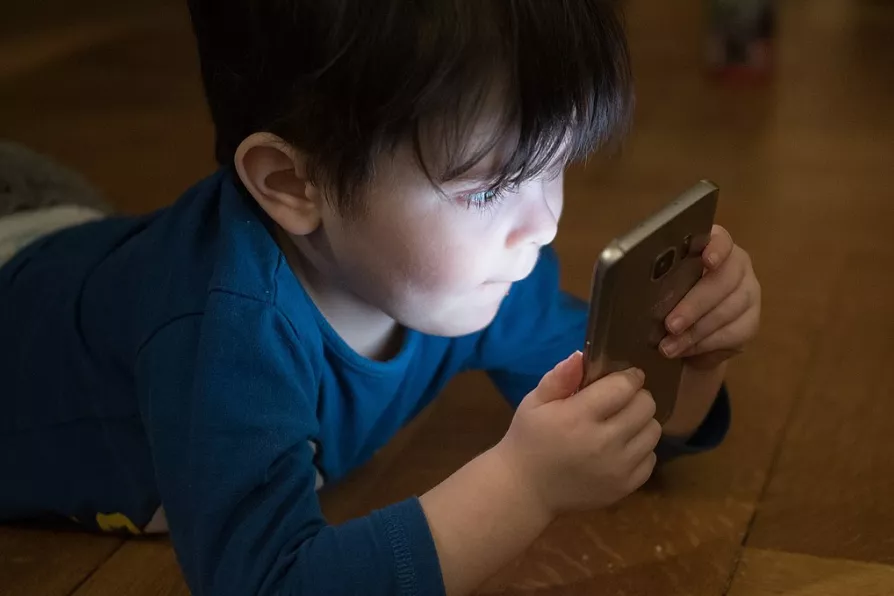ELEANOR DOBSON reflects on a stark visual record of the violent desecration of Tutankhamun’s mummified remains
On track for dystopia
A new book on profiling reveals just how far down the road to a Big Brother society we've gone, says ANDY HEDGECOCK

 Catch them young: an iPhone addict
[Andi Graff/Creative Commons]
Catch them young: an iPhone addict
[Andi Graff/Creative Commons]
ANDREAS Bernard’s extensive and diligent history of profiling is one of repression, disappointed dreams and a toxic shift in human psychology.
Beginning with an exploration of criminal profiling from the 1770s and its attempts to predict behaviour on the basis of facial features, he moves on to efforts by psychoanalysts and criminologists to use a battery of personal characteristics to identify potential arsonists and rapists.
Similar stories

Ben Cowles speaks with IAN ‘TREE’ ROBINSON and ANDY DAVIES, two of the string pullers behind the Manchester Punk Festival, ahead of its 10th year show later this month

JOHN GREEN surveys the remarkable career of screenwriter Malcolm Hulke and the essential part played by his membership of the Communist Party

ANDY HEDGECOCK relishes two exhibitions that blur the boundaries between art and community engagement

JAN WOOLF wallows in the historical mulch of post WW2 West Germany, and the resistant, challenging sense made of it by Anselm Kiefer










